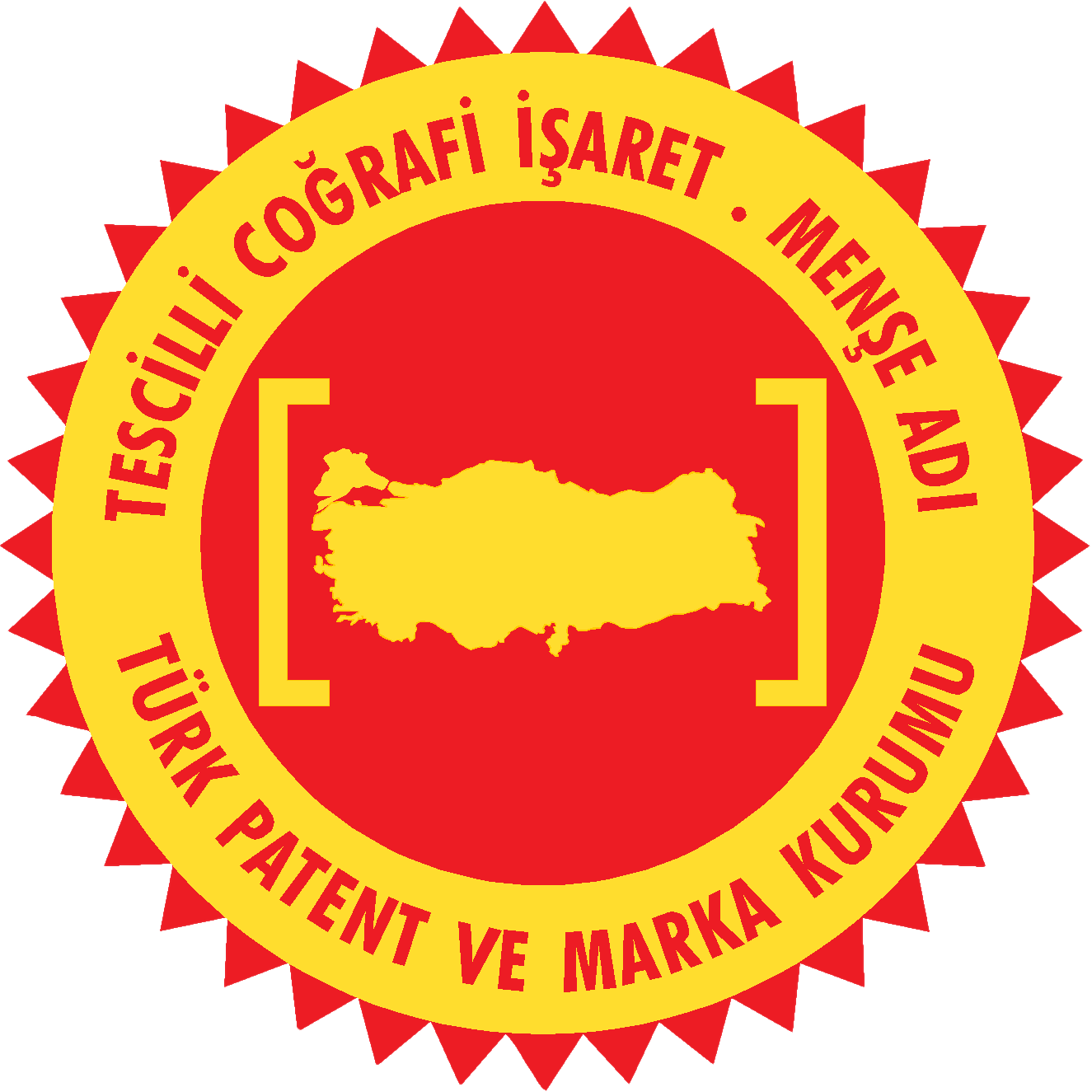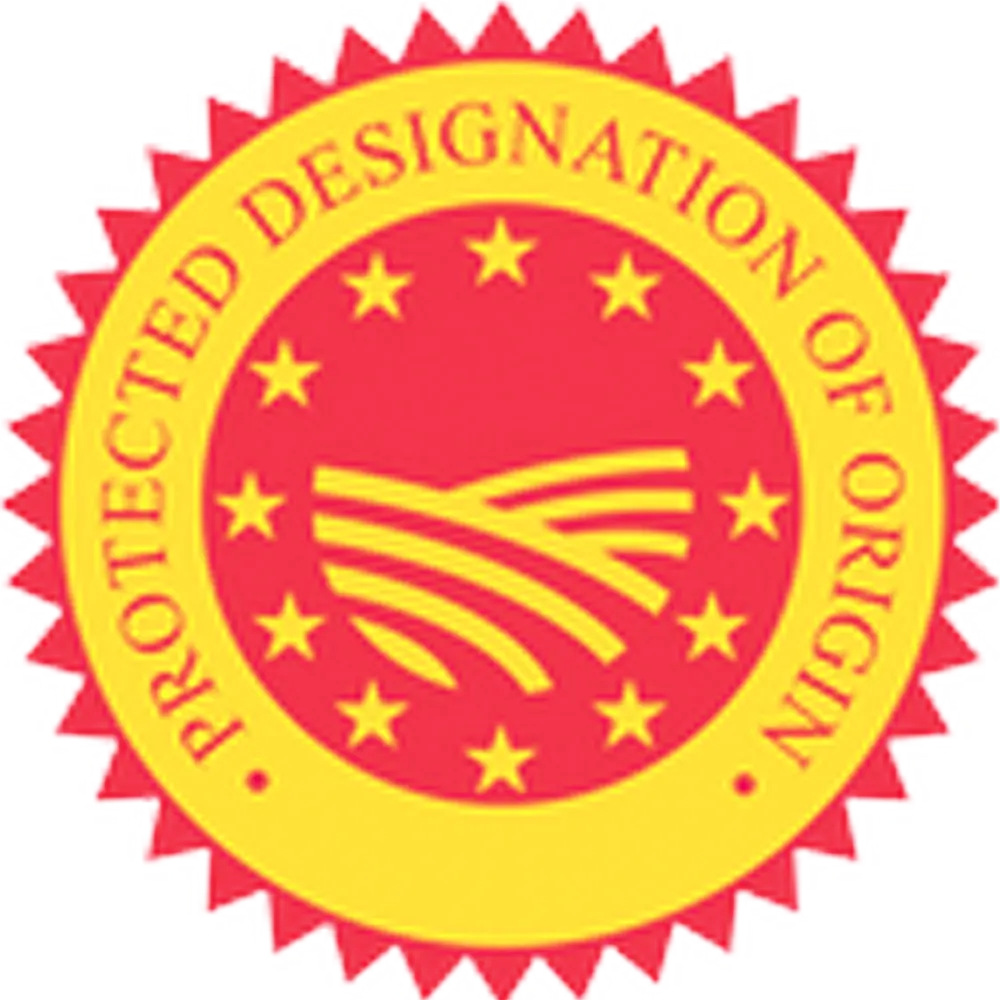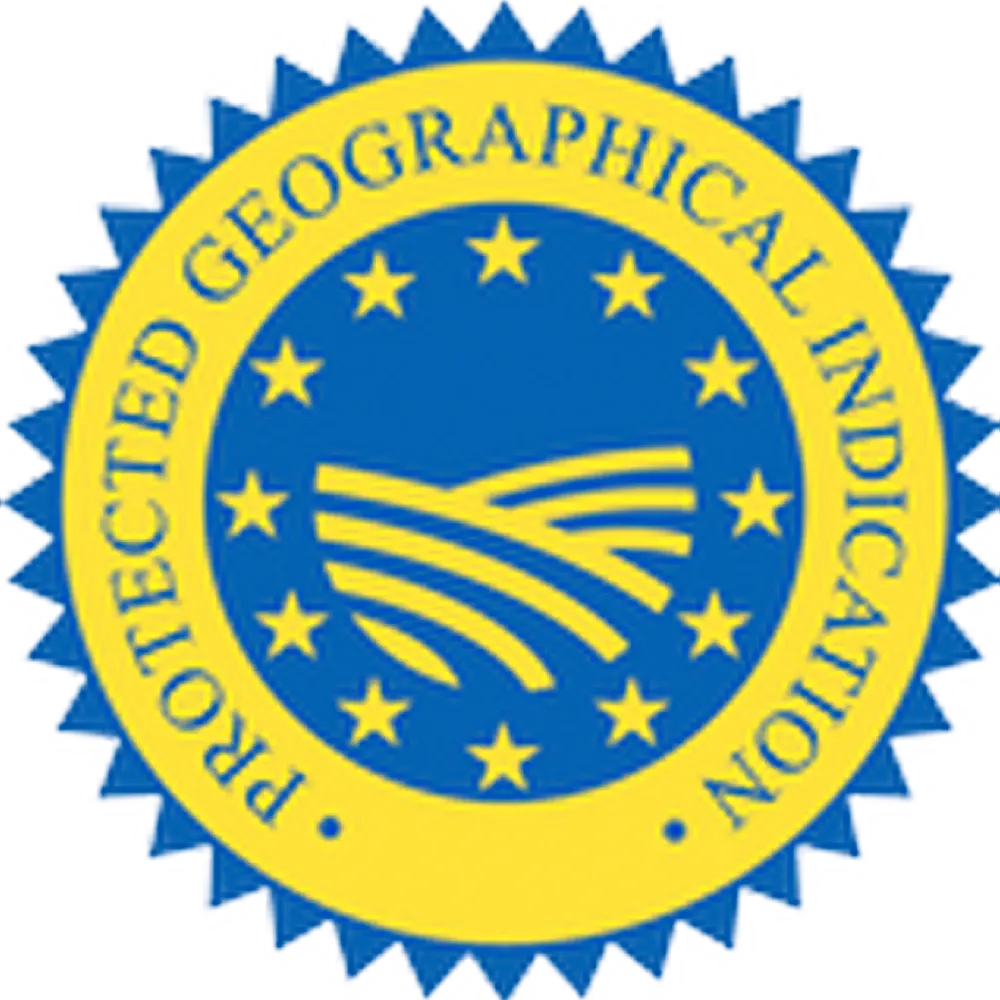Antep Yuvarlama / Antep Yuvalama Protected Geographical Indication
Monday, July 4, 2022
No: 208 - Protected Geographical Indication (PGI)
ANTEP YUVARLAMA / ANTEP YUVALAMA
Registrant
Gaziantep Metropolitan Municipality
The geographical indication, the technical features and control format of which are given in the annex, was announced in the Official Gazette dated 06.06.2016 and numbered 29734 and registered on 13.01.2017.
Registration Number : 208
Application Date : 30.06.2015
Application Number : C2015/026
Applicant : Gaziantep Metropolitan Municipality
Address of Applicant : Gaziantep Metropolitan Municipality 27090 Şehitkamil GAZIANTEP
Type of Geographical Indication : Antep Yuvarlama / Antep Yuvalama
Name of the Product : Yuvarlama / Yuvalama
Type of Geographical Indication : Protected Geographical Indication (PGI)
Geographical Limits : Gaziantep Province
Usage format : Branding
Product Description and Distinguishing Features:
The traditional feast dish of Ramadan in Gaziantep is yuvarlama. It is eaten for breakfast on the first day of the feast. It is also called yuvalama in the local dialect. There are pea sized meatballs (approximately 5-6 mm) in yuvarlama, which requires expertise to make; the preparation of these meatballs is laborsome and takes a long time. Afterwards, it is cooked with broth and chickpeas and strained, them condensed yoghurt is added. It is served by pouring mint oil on top.
Ingredients Used in Antep Yuvarlama (Yuvalama):
Meat used in making meatballs: Lean, finely minced meat prepared from the meat of male sheep (younger than a year old) called Toklu or female sheep that has never given birth, is used.
Rice The rice used must be fully milled, 1st Class or 2nd Class rice suitable for pilaf or broken rice, in accordance with the Turkish Food Codex Rice Communiqué; there should be no extraneous, shriveled or moldy grains in it.
Black Pepper: It should be in accordance with the Turkish Food Codex Spices Communiqué.
Salt: Salt in accordance with the definition of Table Salt in the Turkish Food Codex Salt Communiqué should be used.
Large diced meat or meat on the bone: It can optionally be diced meat or meat on the bone. The meat of male sheep called Toklu or female sheep called şişek that has never given birth is used.
Chickpeas: There should be no extraneous, shriveled or moldy grains in it.
Egg: Must be fresh, not stinky or cracked.
Condensed yoghurt: It should be fresh and not sour. If the consistency of condensed yoghurt is thick, it can be lightened a little with milk, or if it is runny, it can be thickened with a spoonful of starch or flour.
Ghee or olive oil
Dried mint: It should be in accordance with the Turkish Food Codex Spices Communiqué.
Production Method:
Antep Yuvarlama (Yuvalama) Recipe:
To be used in the meatballs in Antep Yuvarlama, 350 - 400 g of rice is soaked in water for 1 to 3 hours, then washed, drained with a strainer and left to dry for 6 to 8 hours in the strainer. Also, 75 -100 g of chickpeas are soaked in warm water for 6 to 8 hours. After washing and draining 400-500 g of large diced meat or meat on the bone, it is put in a pot and boiled with 5 glasses of water and salt. When it starts to boil, the skimmed fat formed on the water are sieved. If the skimmed fat gets mixed with the broth, the broth can be filtered through a fine cheesecloth to remove the cloudy appearance of the water. While the meat is cooking, a peeled whole onion can be added to the pot to add flavor to the water, to be removed later. After the skimmed fat is taken out, the chickpeas, which were previously soaked in warm water, are added to the pot. Meat and chickpeas are cooked until they get thoroughly soft (1-2 hours). While the meat and chickpeas are cooking, the meatballs of yuvarlama are prepared. Washed and dried rice and 250 g of meat to be used in the making of meatballs are pulled through the meat grinder twice, with 1 peeled onion, black pepper and salt. After this process, the rice-meat mixture is kneaded until it becomes a smooth and soft dough. Large walnut-sized pieces are taken from this dough and rolled into thin strips with palms oiled with olive oil. Then, pea-sized pieces (approximately 5-6 mm) are cut from these strips and rolled between the palm of the hand and the fingers. The rolled meatballs are collected in a metal strainer. The meatballs in the strainer are added to the cooked meat and chickpeas and cooked for 15-20 minutes with the lid of the pot open. If the meatballs are to be used later, water is added into a pot of proper size and boiled. When the water boils, the metal strainer is placed on the pot so that it does not touch the water and the lid is closed; the meatballs are steamed for 15 minutes. The meatballs shouldn’t boil excessively and fall apart. The steamed meatballs are placed in the freezer after they cool down, and can be kept in the freezer until the day of cooking (maximum 3 months). When cooking, frozen meatballs are added to cooked meat and chickpeas without thawing, and boiled; if the meatballs are thawed, they might fall apart
In a separate pot, an egg is added to 1 kg of condensed yoghurt, whisked and the mixture is heated over very low heat by constantly stirring in the same direction. At this stage, a small amount of olive oil can also be added for the mixture to mix well. If the consistency of the yoghurt is too thick, it can be lightened with a little milk; if it is runny, it can be thickened with starch or flour. While heating the yoghurt, the cooking water of the food is added slowly, stirring is continued and when it starts to heat up and rise, it is removed from the stove. The heated condensed yoghurt mixture is added to the dish while stirring, otherwise yoghurt may be cut. Ghee or olive oil is heated in a pan. The dried mint is added in a ladle and the heated oil is poured on it. The green color of the mint should color the oil, but it shouldn’t burn. Mint oil is added to the yuvarlamas in the pot, or when served in the plates. In the traditional method, the soaked rice is drained and dried, and then pounded in a mortar. It is then mixed with other ingredients and kneaded by hand. However, because this method is laborsome, it has become common to grind meat and rice in a meat grinder. Rice can also be minced separately in a grinder and then mixed with other materials. These differences in the methods do not lead to significant changes in the characteristics of the meatballs of the yuvarlama.
Antep Yuvarlama (Yuvalama) Ingredients for 1 Serving:
Yuvarlama Meatballs: 50-70 g (Rice 30-35 g, Meat used for making meatballs 20-25 g, Onion 5-10 g)
Chickpeas: 10-15 g
Boiled diced meat or meat on the bone: 15-30 g
Condensed yoghurt: 25-30 g
Oil (ghee or olive oil): 5-10 g
Dried mint: 1-3 g
Black pepper: 1-3 g
Eggs: 2-5 g
Production, Processing and Other Operations to be Performed within the Geographical Boundary:
Antep Yuvarlama (Yuvalama) is the traditional feast meal of the first day of Ramadan in Gaziantep. It is famous for its long and laborsome production and the fact that every stage of the preparation requires expertise. For this reason, all production stages should take place in Gaziantep.
Inspection:
Inspections on whether the Antep Yuvarlama (Yuvalama) is produced in accordance with the specified specifications, in accordance with the provisions of the Law No. 6769, under the coordination of the Gaziantep Metropolitan Municipality Police Department Representative, by a 3-person supervisory board that will consist of Gaziantep Food, Agriculture and Livestock Provincial Directorate Representative and Gaziantep Union of Chambers of Merchants and Craftsmen.
The supervisory board regularly inspects the content of the above-mentioned ingredients, the suitability of the meat used in the preparation of the dish, its preparation in accordance with the production method, its cooking and serving, once a year, of the yuvarlamas (yuvalama) produced by the companies using the name "Antep Yuvarlama (Yuvalama)"; takes necessary legal action against those who use it unfairly and against the rules, and always makes inspections upon complaint and when needed. Inspection reports are regularly sent to the Turkish Patent and Trademark Office by Gaziantep Metropolitan Municipality.

Original text from ci.gov.tr.












